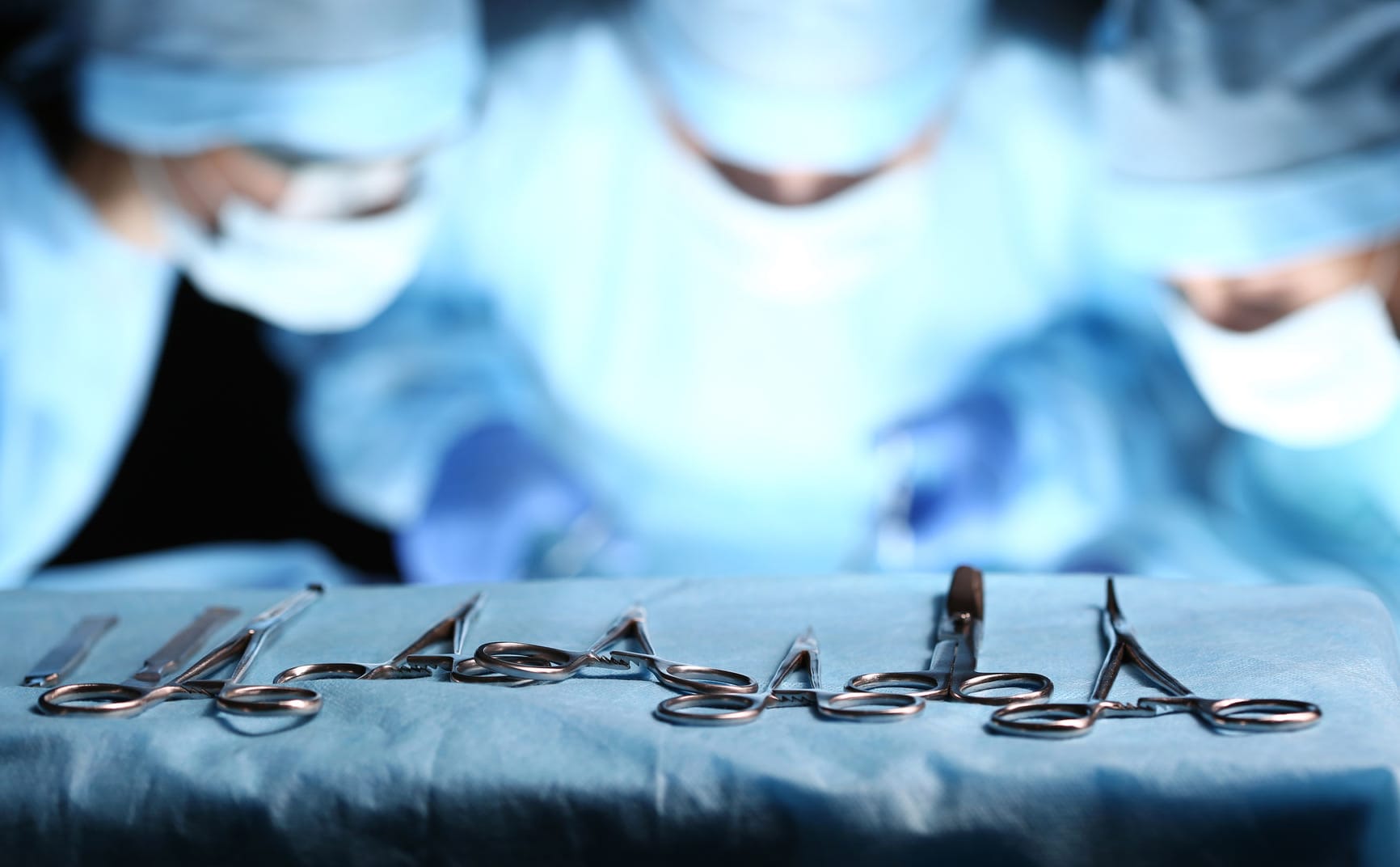Hawke's Bay district health board chair Kevin Atkinson says patients should be able to feel they're safe when undergoing surgical procedures in the region.

Fifty five Hawke's Bay district health board patients may have had surgical procedures carried out with unsterilsed equipment Photo: 123RF
Mr Atkinson told Checkpoint this evening that he was "extremely shocked and disappointed" to find out that 55 patients may have had surgical procedures carried out with unsterilsed equipment after it was discovered on Monday that a batch of 91 tools had not gone through the final sterilisation process.
"I would have to say I was shocked and extremely disappointed and I do have a great deal of sympathy for those patients that have been affected and from the board's perspective these patients should feel that we're offering them a safe environment in which to have their procedures done," he said.
"We've let those patients down quite significantly and I can only apologise for that."
Three children under the age of 16 and four people over the age of 70 are among the affected patients.
All 55 will be tested for HIV and hepatitis B and C. Eighteen patients who had operations at the main hospital are affected, as well as up to 37 others who attended dental or gynecology clinics between the 2nd and 11th of February.
There were about four patients affected by the sterilisation failure in the region who had not yet been contacted, Mr Atkinson said.
"The last update I had at lunch time ... was around about four I think we are still to make contact with ... because they are not answering the phone they gave us for getting in touch with them," Mr Atkinson told Checkpoint.
Since then the DHB says it has contacted all but two of the affected patients.
Although a figure couldn't be put on it, the risk of infection for affected patients was low, the DHB's director of provider services Dr Colin Hutchison said.
The tools did go through the earlier parts of the sterilisation process, which were very thorough, he said.
Infection being passed on from the tools could only happen if they had been used on an infected person directly before being taken away for the unsuccessful cleaning, which was also unlikely, Dr Hutchison said.
Mr Atkinson said the board had instructed DHB management to "undergo a full and transparent investigation".
"That's going to involve some independent expert resource as well and we hope to see a first report on those findings and the lesson learned som time within the next week or two."
He said the issue wasn't to do with funding and whatever the DHB's financial position, it would not let that compromise patient safety.
Nor were staffing levels, he said.
"It appears on the surface ... to me at the moment that ... the system has not been followed for some reason."

